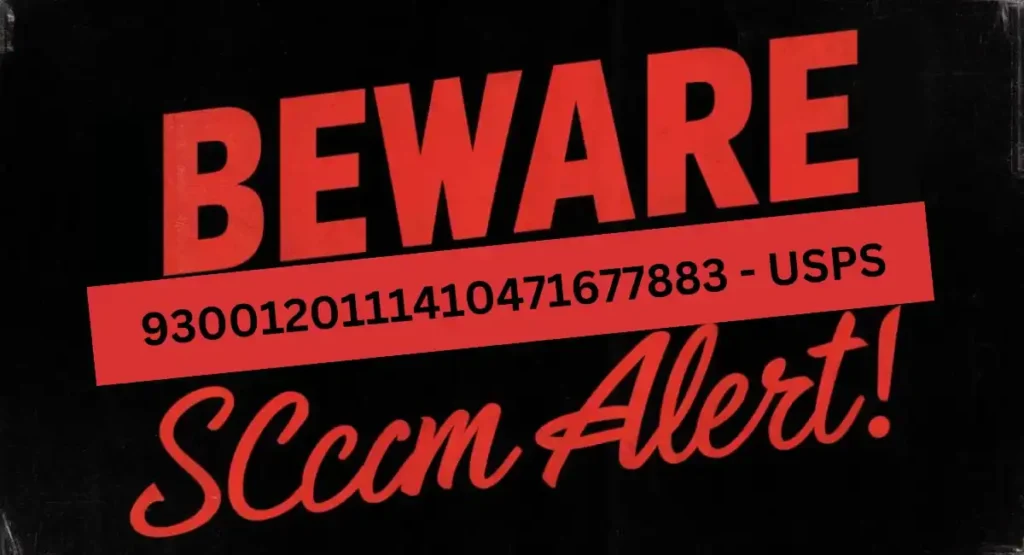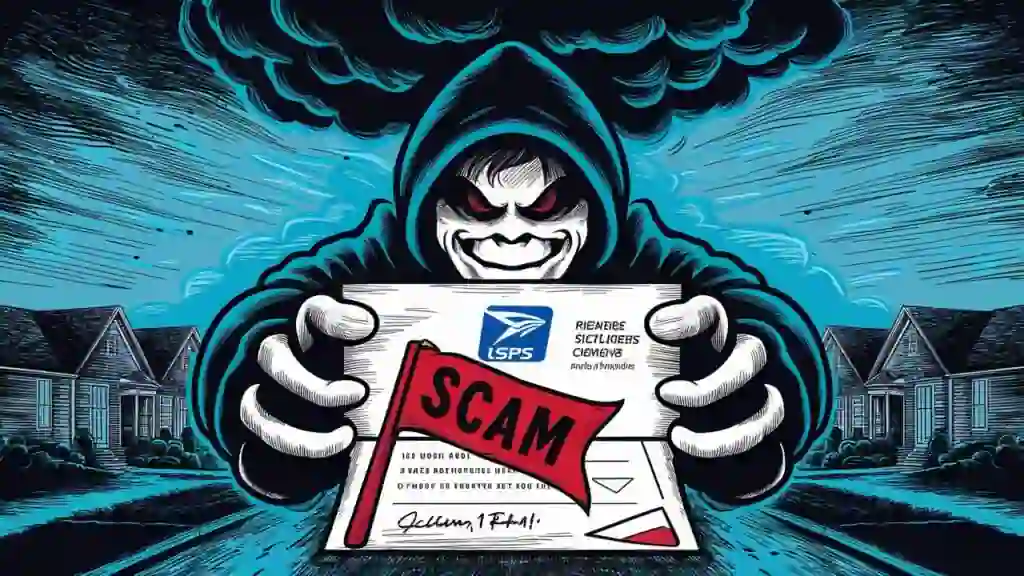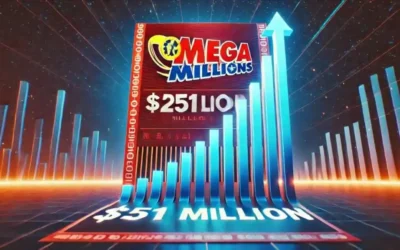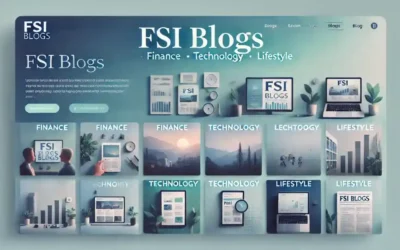Is 9300120111410471677883 a Scam? Unmasking the Mystery Number

Have you received a text message, email, or voicemail with the number 9300120111410471677883? You’re not alone. Many people have reported receiving messages associated with this number, often claiming to be from a delivery service or promising a large sum of money. But is it legitimate? Let’s dive in.
Understanding the Number: A Closer Look
The number 9300120111410471677883 is a long string of digits that doesn’t immediately reveal its origin or purpose. However, given the increasing prevalence of scams, it’s essential to approach such numbers with caution.

Common Scams Involving Mysterious Numbers
Before we focus on the specific number, let’s explore some common scams that often involve unsolicited messages:
- Delivery Scams: These messages claim that a package is waiting for you but requires personal information or payment to be delivered.
- Phishing Scams: These attempts to steal your personal information by masquerading as legitimate companies or individuals.
- Lottery or Prize Scams: You’re informed that you’ve won a large sum of money but need to pay a fee or provide personal details to claim your prize.
- Tech Support Scams: You receive a call or message claiming there’s an issue with your computer and offering technical support services for a fee.
How to Protect Yourself from Scams
Here are some essential tips to safeguard yourself from falling victim to scams:
- Ignore Unknown Numbers: If you don’t recognize a number, avoid answering or responding to messages.
- Verify Information: Never provide personal information or financial details to unsolicited callers or messages.
- Be Wary of Urgent Requests: Scammers often create a sense of urgency to pressure you into making quick decisions.
- Check for Typos and Errors: Legitimate companies rarely make grammatical errors or use poor formatting.
- Use Strong Passwords: Protect your online accounts with strong, unique passwords.
- Enable Two-Factor Authentication: Add an extra layer of security to your accounts.

Specifics of the Number 9300120111410471677883
While there’s limited information available about this specific number, it’s essential to treat it with suspicion. If you’ve received a message associated with this number, consider the following:
- Ignore the Message: The safest approach is to simply delete the message without responding.
- Report the Scam: If you believe the message is fraudulent, report it to your phone carrier and the appropriate authorities.
- Beware of Links and Attachments: Avoid clicking on any links or opening attachments from unknown sources.
Conclusion
The number 9300120111410471677883 is likely associated with a scam. By staying informed about common scams and following the tips outlined above, you can protect yourself from falling victim to these fraudulent activities. Remember, if something seems too good to be true, it probably is.
FAQs
Q: What should I do if I accidentally clicked on a link in a scam message? A: Change your passwords immediately, monitor your bank accounts for suspicious activity, and consider contacting your bank or credit card company.
Q: How can I report a scam number? A: You can report scam numbers to your phone carrier, the Federal Trade Commission (FTC), or the Federal Communications Commission (FCC).
Q: Are there any apps or services that can help protect me from scams? A: Yes, there are several apps and services that offer scam protection features, such as call blocking, spam filtering, and fraud alerts.
Q: What are some common signs of a scam? A: Common signs of a scam include urgent requests for personal information, promises of easy money, and unexpected or unsolicited contact.
Q: How can I protect my personal information from scammers? A: Be cautious about sharing personal information online or over the phone, use strong passwords, and avoid clicking on suspicious links or attachments.
By being aware of common scams and taking precautions, you can significantly reduce your risk of becoming a victim.










